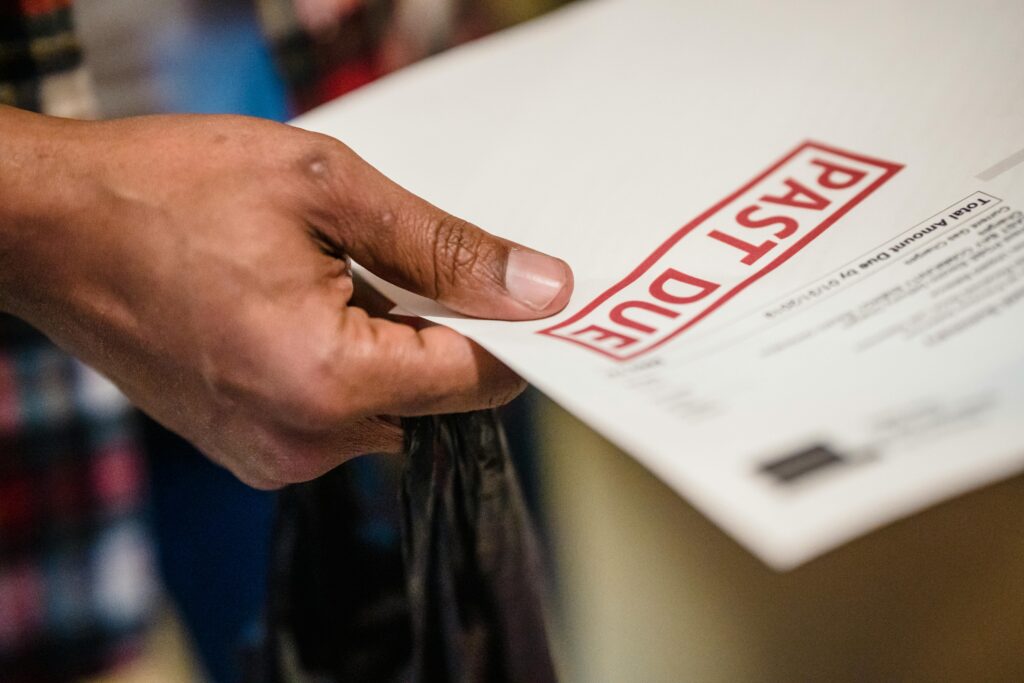You’re a new landlord or you’re thinking about buying rentals in Cleveland? Let’s get you acclimated to the Landlord-Tenant laws of The Land (Cleveland). Understanding the local laws and eviction process is super important. Let’s break it down in a casual, easy-to-understand way.

Landlord Responsibilities
In Cleveland, landlords must make sure their properties are safe and livable. This means keeping up with all building, health, and safety codes, making necessary repairs, and providing essential services like heat and hot water. Tenants have the right to report any code violations without worrying about retaliation. If landlords don’t make the needed repairs, tenants can even withhold rent through an escrow process.

Common Reasons for Eviction
Even if you are doing everything right, sometimes things still go awry. So, what are some common reasons tenants might be evicted in Cleveland? The usual suspects include non-payment of rent, violating lease terms (like having unauthorized pets or subletting without permission), causing significant damage to the property, or engaging in illegal activities on the premises.

The Eviction Process
So, how does the eviction process work?
It starts with the landlord giving the tenant a written notice to vacate, usually giving them three (3) days to either pay overdue rent or move out. If the tenant doesn’t comply, the landlord can file an eviction lawsuit in the local municipal court. This involves presenting evidence of the tenant’s non-compliance and paying the required filing fees.
Once the lawsuit is filed, a court hearing is scheduled where both sides can present their case. This is generally referred to as “first cause”.
-
- If the court rules in favor of the landlord, a judgment for eviction is issued, and the landlord can request a writ of restitution. This document authorizes local law enforcement to remove the tenant if they don’t leave voluntarily.
- If the court does not rule in favor of the landlord, the eviction request is denied. This means the tenant can remain in the property. The landlord may need to address any issues raised by the court before re-filing for eviction, or consider other legal options. It’s important for landlords to understand the reasons behind the court’s decision to avoid similar outcomes in the future.
Quick side note: If the property is owned by an entity and not real person, the entity must be represented by a lawyer.
A move-out date is set by the court and a bailiff is assigned. If the tenant does not move out prior to that date, the landlord or their representative must be present at the property at the move-out day and time. You must have movers present and ready to move tenant’s property out of the home and be able to change locks if required for entry.
Any additional claims beyond eviction, such as unpaid rent or damages to the property, these are addressed in a separate part of the lawsuit known as the “second cause.” In this phase, the court will consider evidence and arguments related to the financial aspects of the tenancy.
- If the court rules in favor of the landlord, a monetary judgment is issued, requiring the tenant to pay the specified amount.
- If the tenant fails to pay, the landlord may pursue further legal actions to collect the debt.

Eviction Filing Required Documents
When filing an eviction in Cleveland, OH, landlords need to provide several key documents to the court to ensure the process is handled legally and efficiently. Here are the main documents typically required:
- Notice to Vacate: Commonly referred to as a “3 Day Notice”, this is the initial written notice given to the tenant, usually providing them with three days to either pay overdue rent or move out. This document is crucial as it shows that the landlord has given the tenant a fair chance to rectify the situation.
- Proof of Service: This document shows that the tenant was properly served with the eviction notice and the court summons. It can include a certificate of mailing or an affidavit of service.
- Eviction Complaint: This is the formal document filed with the court to start the eviction process. It outlines the reasons for the eviction and includes details about the property and the tenant.
- Lease Agreement: A copy of the lease agreement between the landlord and the tenant, if available, should be provided to demonstrate the agreed-upon terms and conditions, as well as how the tenant has breached these terms.
- Payment Records: Documentation of the tenant’s payment history, including any missed or late payments, is necessary to support the landlord’s claim for eviction due to non-payment of rent.
- Property Rental Registration: Every rental unit must be registered with the City of Cleveland’s Department of Building & Housing. This includes all units within a structure, whether they are occupied or vacant.

How Long Does It Take?
The duration of the eviction process in Cleveland can vary depending on several factors, but generally, it can take anywhere from a few weeks to a couple of months. Here is a rough outline of the timeline:
- Notice to Vacate: The process begins with the landlord providing the tenant with a written notice to vacate, typically giving the tenant three days to either pay overdue rent or move out.
- Filing an Eviction Lawsuit: If the tenant does not comply with the notice, the landlord can file an eviction lawsuit in the local municipal court.
- Court Hearing: After the lawsuit is filed, a court hearing is scheduled. This can take anywhere from a few weeks to a month, depending on the court’s availability.
- Judgment and Writ of Restitution: If the court rules in favor of the landlord, a judgment for eviction is issued. The landlord can then request a writ of restitution, which authorizes local law enforcement to remove the tenant if they do not leave voluntarily. This step can take a few days to a few weeks.
- Tenant Removal: The final step involves the actual removal of the tenant, overseen by law enforcement officers. This will occur on one day but can be set days to weeks out based on the bailiff’s schedule.
Overall, the entire process can take anywhere from a few weeks to a couple of months, depending on the specifics of the case and the court’s schedule. If you need more detailed information or assistance with the eviction process, consulting with a local attorney or property management company can be very helpful.
Conclusion
Understanding these laws and processes can help both landlords and tenants navigate the complexities of renting in Cleveland. If you have any more questions or need further assistance, feel free to reach out!
Dwelling Network continues to follow changes to ordinances affecting tenants and landlords in the municipalities in which we provide property management. Subscribe to our newsletter to stay in the loop.


